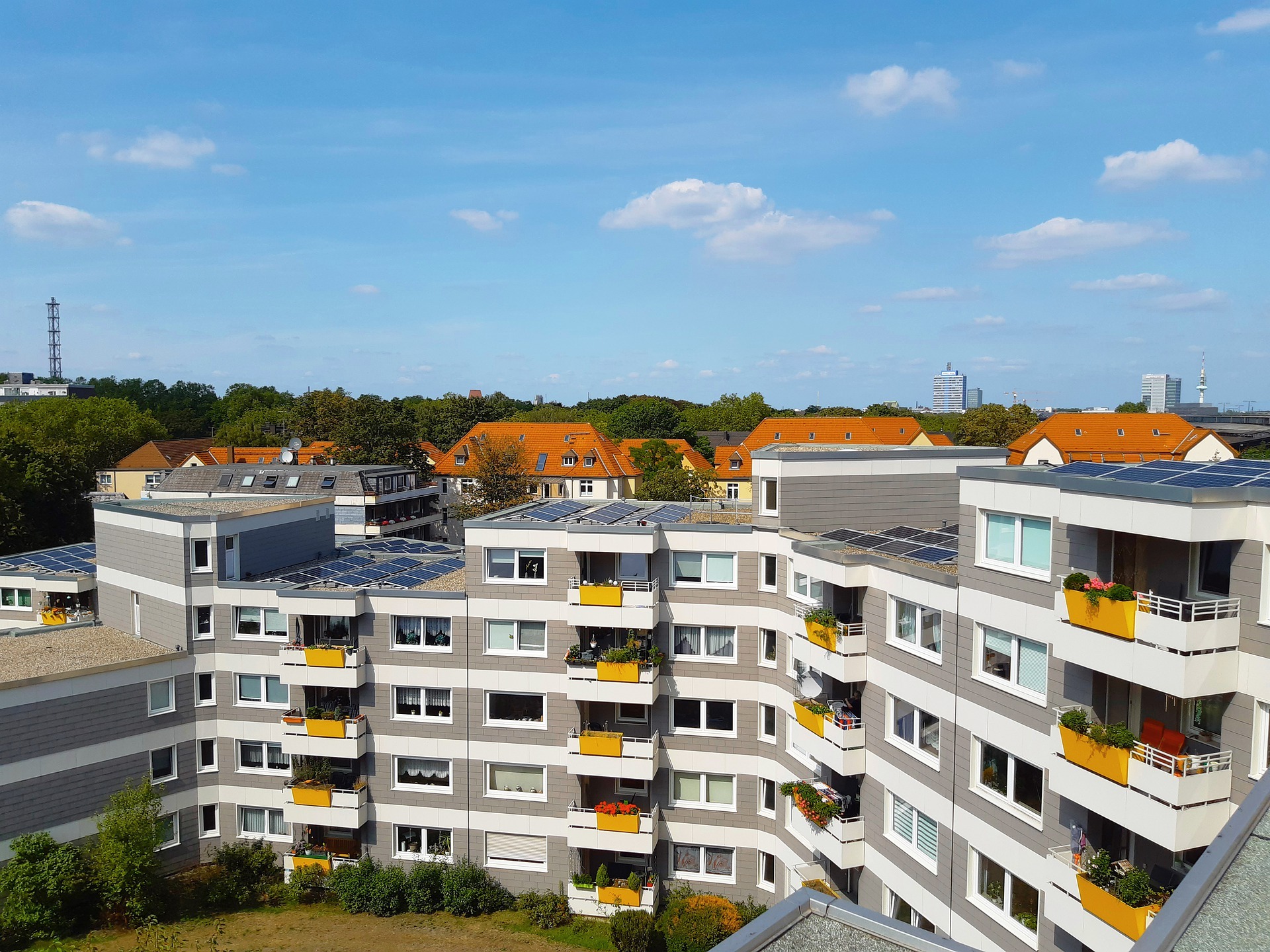Renting can have its perks. Sometimes we don’t want to deal with a building’s maintenance or find it a cheaper alternative than going to debt. For people who need to move from one place or another, having a permanent fixture they rarely live is not practical. Hence, they prefer renting.
With rent comes bills. Whether the bills come with the lease or you have to pay for it yourself, there is no denying that the more you use, the more money you will pay. And if your flat isn’t designed to be energy efficient, then you have some conserving to do.
The Importance of Conserving Energy
Limiting energy consumption not only helps us save more financially, but it can also lessen the damages caused by climate change. Also, because of our constant use of non-renewable resources, the world has yet entered another energy crisis. We are encouraged to limit our energy consumption anyway we can.
To some people, however, energy saving is not an option. To some, the flat they have rented is just not equipped to be for saving energy. In Victoria, 55% of the public and 58% of private rented homes have some insulation. In 2009, the government found out that rental properties spend more on using electric heaters. Half of these homes are struggling to keep heat and insulation in their abode.
These people might find keeping up with how to manage energy efficiently a bit difficult. The will to stay alive triumphs over the need to save or help the environment. Energy, especially on cold winter nights, is in dire need to keep ourselves from getting cold.
Still, there are methods they can take without having to resort to sacrificing their insulation. With saving anywhere you can, you can compensate for the energy you use for your heater.
How to Save Energy as a Tenant
Take your cue from the following:
Buy Energy Efficient Appliances
Electrical appliances make up 30% of your energy consumption. If you’re using a standard device that consumes too much electricity, maybe it’s time to change them. Alternatively, you might be planning to buy a new appliance. If you are in either scenario, consider choosing energy-efficient appliances.
These appliances may not come cheap. However, if you calculate the upfront cost versus the amount you’ll spend on electricity when using an energy-efficient device, you’ll notice that you’ll be able to save more. You can save money in the long run, while at the same time, contribute to the environment.
Unplug Unused Appliances and Devices
Some people think that just because some appliances are not on, it’s okay to leave them plugged in. This is a very costly misconception. As long as an appliance is connected, it will suck off energy. This kind of energy consumption is called a standby energy loss. Many, if not all, devices do this when plugged despite being idle.
The Natural Defense Council, situated in the U.S., reports that unplugged devices cost households $165 in their electricity bill, a whopping $19 Billion all over the U.S. Not only that, but it also releases 44 million tons of carbon dioxide into the atmosphere. That is why you must constantly check your flat for any unused but plugged devices and immediately remove them from the socket after use.
Utilize the Sun’s Rays
When the cold weather comes, your first thought would be to turn the heat up. If you don’t want to raise the temperature, see if the sun is out. Take advantage of its warmth and keep your drapes open to let the sunshine in. This way, your house will be warmer without having to rely on your heater.
In the summer, keep the heat of the sun out by closing your windows and drapes. This will slow the heating in your apartment, and if you’re using an air conditioner, it allows the cold air to circulate in your flat.
Caulk Your Windows
By sealing your windows tightly, you can prevent air leaks from happening. According to Energy Star, people can save 20% on their cooling or heating just by sealing their windows and preventing air leaks. Leaks can come from large holes on the side of your window, or tiny scattered ones that might be easy to miss.
Find the time to inspect your apartment’s windows for any air leaks. If you find them, caulk them immediately to avoid further heating/cooling waste. Remember that even small cracks have a significant impact, so find them and seal them closed.
Don’t Block Air Registers
Closing an air register can lead to future problems with your apartment’s air regulation. It might seem like a smart idea to close unused vents. However, since vents work by making air move in a cycle, closing up vents can cause pressure and damage your them.
So don’t close that vent in your unused room. Also, remove furniture that might block your air registers. Allow the air to move freely to avoid the cost from having your damaged vent gets its fix.
Tip for Finding a New Retail Electricity Supplier
If you’re from Pennsylvania and you’re looking for a new retail electricity supplier, you’ve probably scoured online for information about which ones provide for your area. There are many retailers out there; that is why you must choose one that would benefit you the most. Compare electricity prices, plans and rates for Pennsylvania to find the best deals fit for your home (or apartment) and save more on your electricity.
Takeaway
Being a tenant shouldn’t stop you from conserving energy. You still pay for it, so it is in your best interest to save energy. Since you have limited ways to be efficient with your energy consumption, you must save wherever you can. Even the little things count and can benefit you in the long run.

